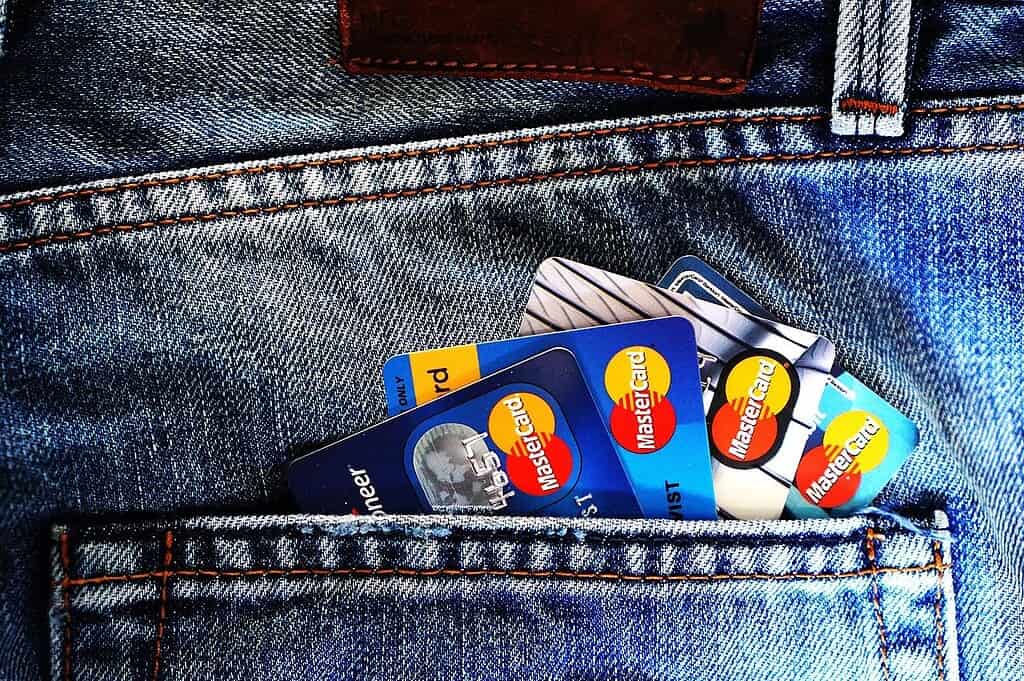Finance
Top 5 Cryptocurrencies to Buy Prepaid Cards with in 2025
Cryptocurrency is no longer just an investment—it’s a practical way to pay for everyday expenses; bearing that in mind, one of the easiest ways to use digital assets is to buy prepaid cards with crypto, allowing you to shop online, pay for services, or even make in-store purchases.
However, not all cryptocurrencies are equal when it comes to buying prepaid cards. Some are accepted almost everywhere, while others are faster or have lower fees.
Let’s break down the top five options to spend smarter in 2025, shall we?
Why Use Cryptocurrencies to Buy Prepaid Cards?
More people are turning to crypto for prepaid cards, and for good reason:
- Privacy and Security: Crypto transactions don’t require you to share bank details, making them a safer option;
- Global Access: No need to worry about exchange rates or international transaction fees—crypto works anywhere;
- Fast Transactions: No waiting days for bank transfers. Most crypto transactions are completed within minutes;
- Direct Crypto Spending: Instead of converting your crypto to cash (and paying fees), prepaid cards let you use digital assets directly.
Now, let’s take a look at the best cryptocurrencies for buying prepaid cards.
1. Bitcoin (BTC): The Most Accepted Crypto for Prepaid Cards
As the first and most popular cryptocurrency, Bitcoin (BTC) is a solid choice if you want the most widely supported option:
Pros
- Broad Acceptance: BTC is recognized by almost every platform that sells prepaid cards;
- Relative Stability: Even though BTC has had its downward moments, it is far more often on the rise.
Cons
- Slow Transactions: Confirmations can take longer, especially during peak network activity;
- Higher Fees: Transaction costs can be unpredictable and expensive at times.
In short, this option is best for anyone looking for the most widely accepted cryptocurrency for prepaid cards.
2. Ethereum (ETH): A Versatile Option for Digital Payments
Ethereum (ETH) is known for its smart contract capabilities, but it’s also a widely accepted option for prepaid card purchases.
Pros
- Broad Acceptance: Many platforms support ETH payments;
- Growing Efficiency: Ethereum 2.0 upgrades are reducing fees and improving speed.
Cons
- Gas Fees Can Be High: Costs can spike during network congestion.
This alternative is best suited for users who already hold ETH and want a flexible payment option.
3. USDT (Tether): A Stablecoin for Secure Transactions
If you don’t want to deal with crypto’s price fluctuations, Tether (USDT) is the way to go. As a stablecoin, its value is pegged to the US dollar, meaning you always know exactly how much you’re spending.
Pros
- No Volatility: Unlike Bitcoin or Ethereum, USDT doesn’t swing in price;
- Fast and Reliable: Transactions are quick, and your spending power remains stable.
Cons
- Centralization: Tether is centralized, meaning it is controlled by a single entity (Tether Limited), which raises concerns about its transparency;
- Regulatory Scrutiny: Tether has faced significant regulatory scrutiny, particularly in the United States—such scrutiny could impact Tether’s continued acceptance or use in the future.
Tether is most suitable for those who want predictable pricing and minimal risk when buying prepaid cards.
4. Binance Coin (BNB): A Cost-Effective Choice for Purchases
Originally created for discounted trading fees on Binance, Binance Coin (BNB) has grown into a strong payment method. Many platforms accept BNB for prepaid cards, and it often comes with lower fees compared to Bitcoin and Ethereum.
Pros
- Lower Fees: A cost-effective alternative for buying prepaid cards;
- Faster Transactions: BNB payments process quicker than BTC.
Cons
- Limited Acceptance: Not as widely accepted as BTC or ETH.
As such, we’d suggest Binance is best for those looking for a cheaper alternative to Bitcoin and Ethereum.
5. Solana (SOL): Fast and Scalable for Everyday Use
If you want speed, Solana (SOL) is one of the best options available. Known for its high transaction throughput and low fees, it’s an excellent choice for those who value efficiency.
Pros
- Lightning-fast Transactions: Almost instant confirmations;
- Very Low Fees: Costs a fraction of what Bitcoin and Ethereum charge.
Cons
- Less Widely Accepted: Not as many platforms support SOL yet.
Solana is best used by those who prioritize speed and affordability when making crypto payments.
How to Buy Prepaid Cards with Cryptocurrency
Buying prepaid cards with crypto is simple. Just follow these steps:
- Choose a Trusted Platform: Find a reliable platform that offers prepaid cards in exchange for cryptocurrency;
- Select your Prepaid Card: Pick from options like Visa, Mastercard, or retailer-specific gift cards;
- Choose Your Cryptocurrency: Decide whether to pay with Bitcoin, Ethereum, USDT, BNB, or Solana;
- Confirm the Transaction: Complete the payment and wait for the confirmation;
- Receive and Use Your Prepaid Card: Once the transaction is verified, you can start spending right away.
Final Thoughts: The Best Crypto for Prepaid Cards in 2025
If you’re looking to buy prepaid cards with crypto, these five cryptocurrencies offer the best balance of acceptance, speed, and cost-effectiveness:
- Bitcoin (BTC): It’s the most widely accepted but with higher fees;
- Ethereum (ETH): Versatile and well-supported, but fees can be unpredictable;
- USDT (Tether): Stable and reliable, ideal for price-conscious users;
- Binance Coin (BNB): A cost-effective choice with lower fees;
- Solana (SOL): The fastest and cheapest option, though not as widely accepted yet.
Prepaid cards provide a simple way to turn crypto into usable funds, making everyday transactions easier than ever.
With more platforms supporting cryptocurrency payments, 2025 is shaping up to be the best time yet to spend your digital assets hassle-free.






